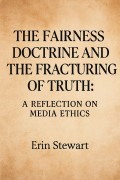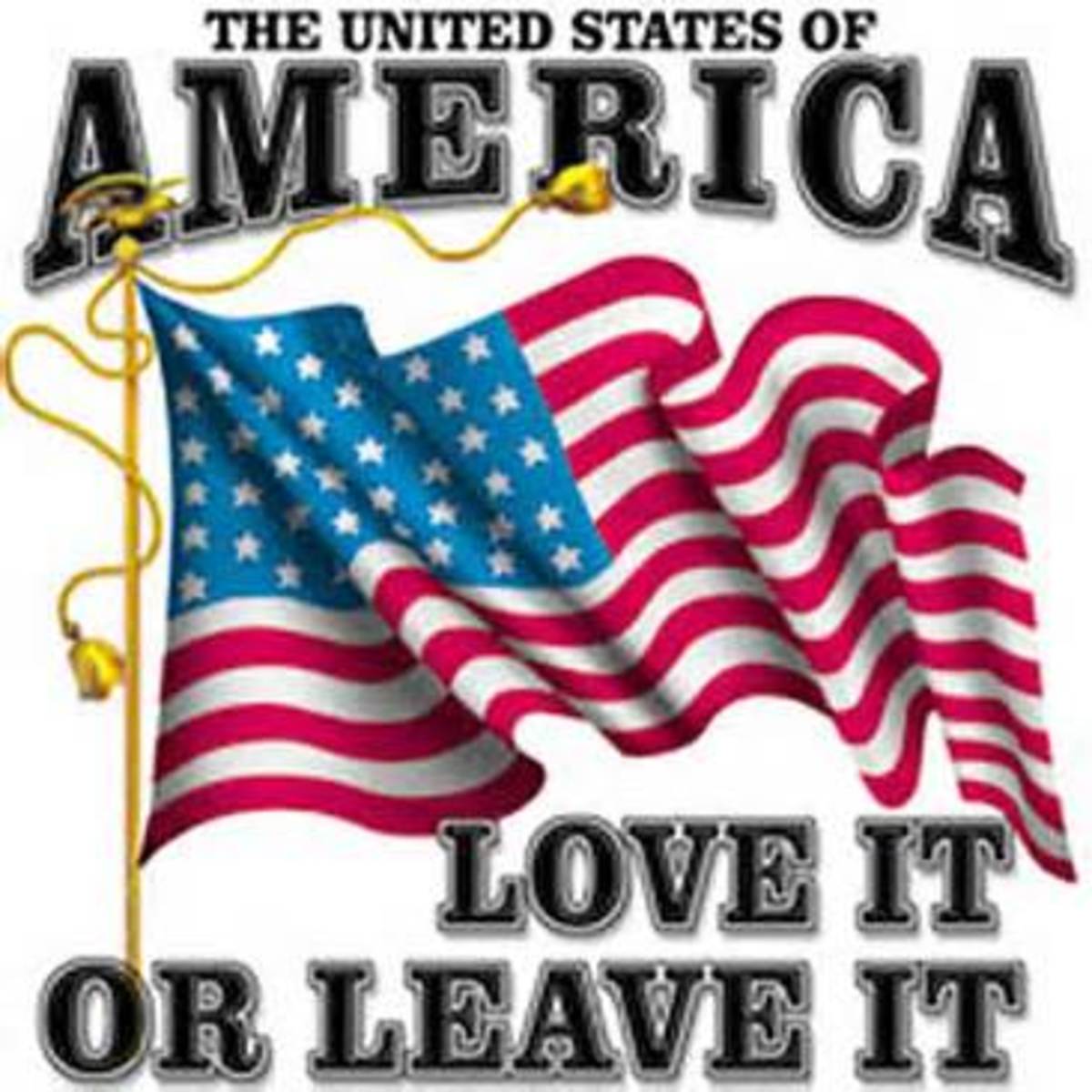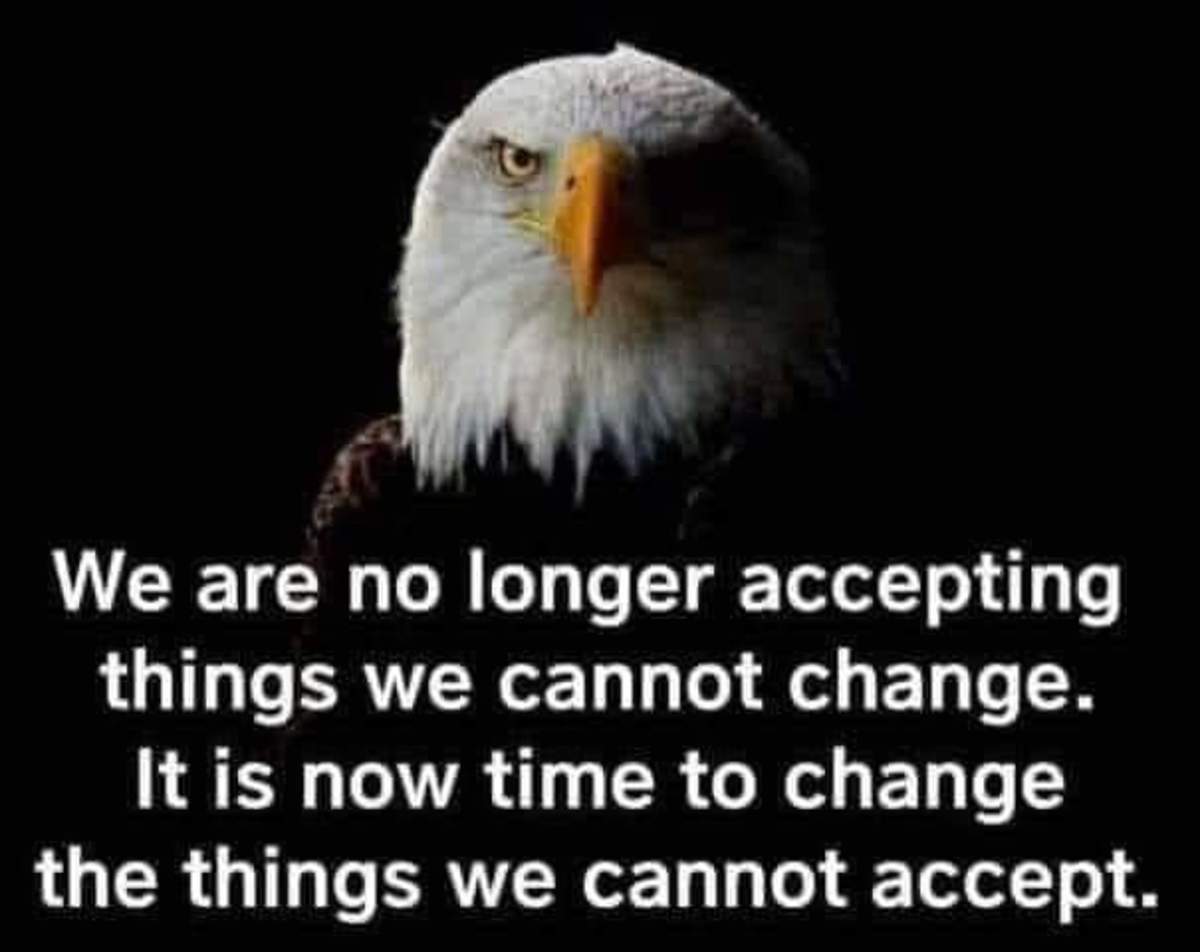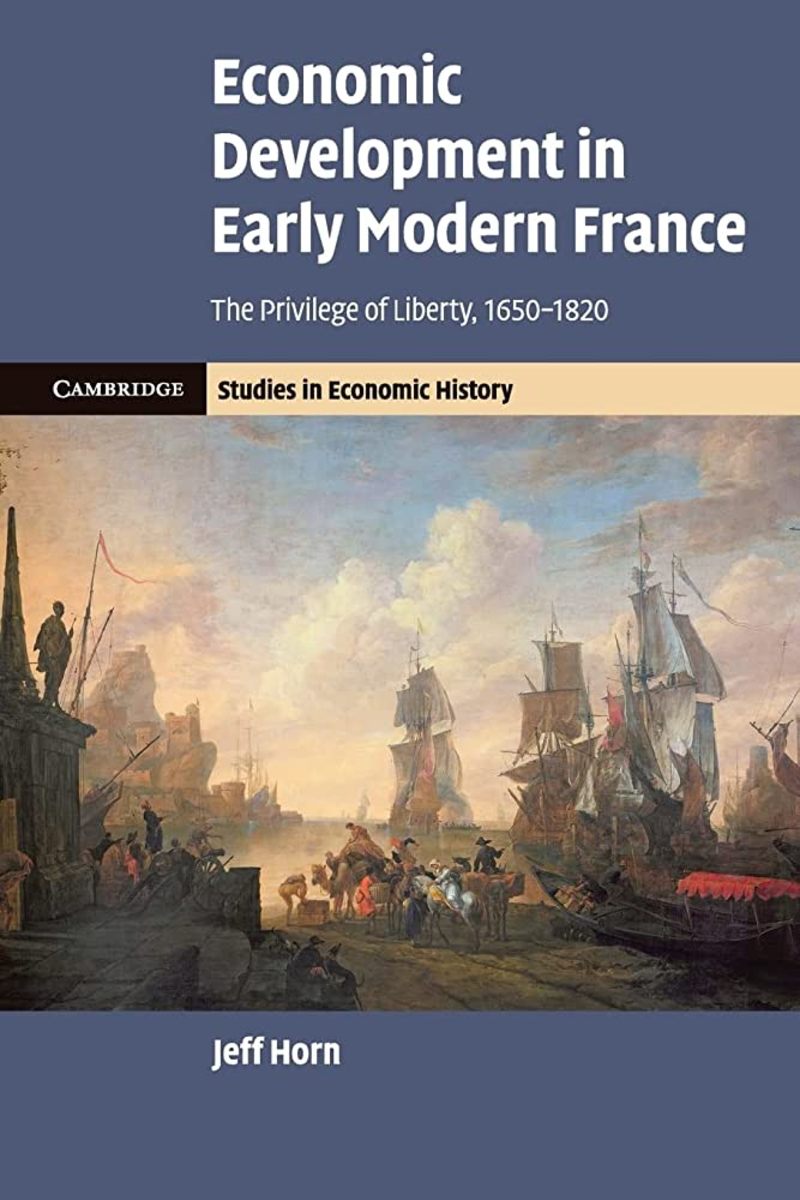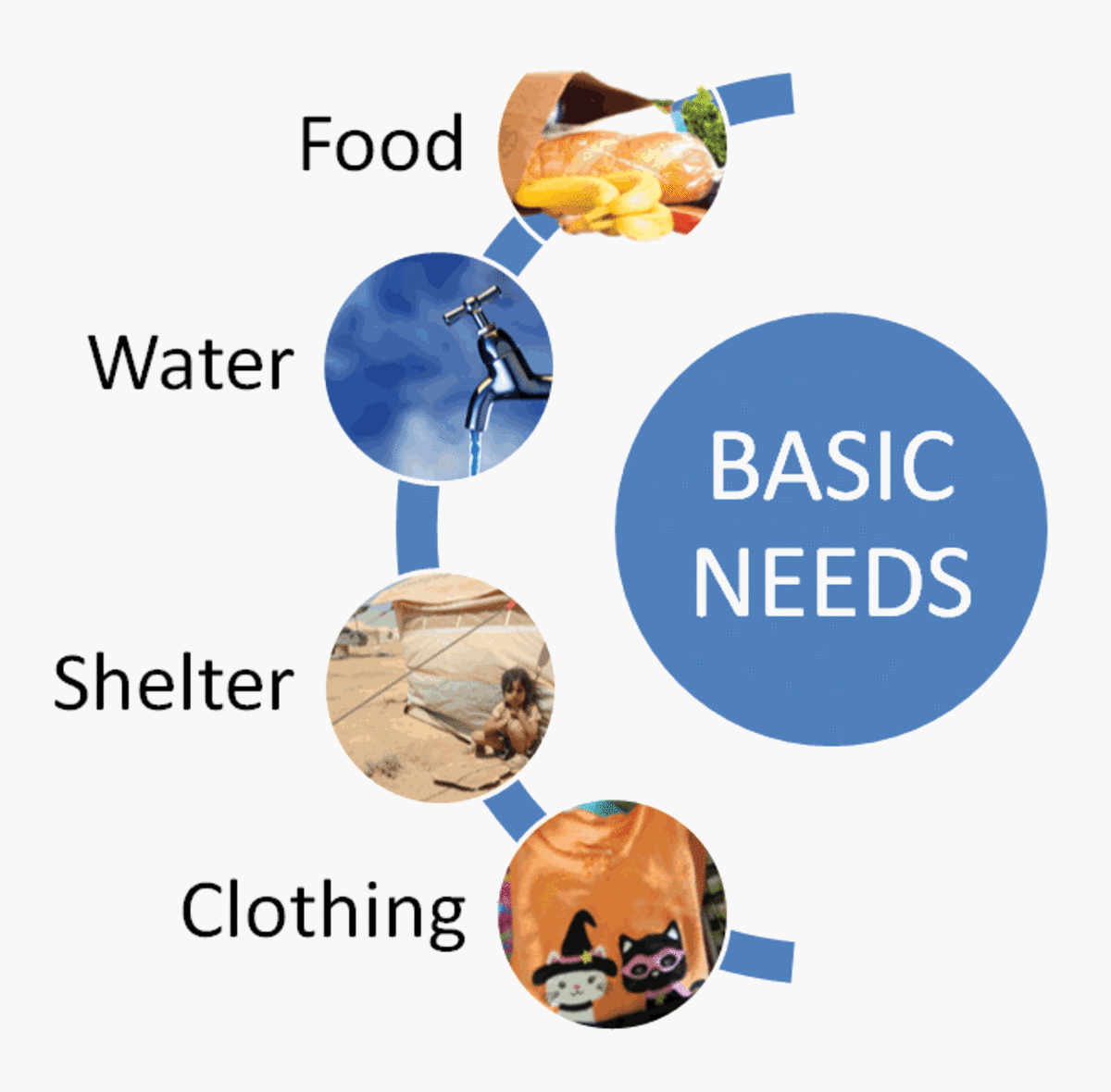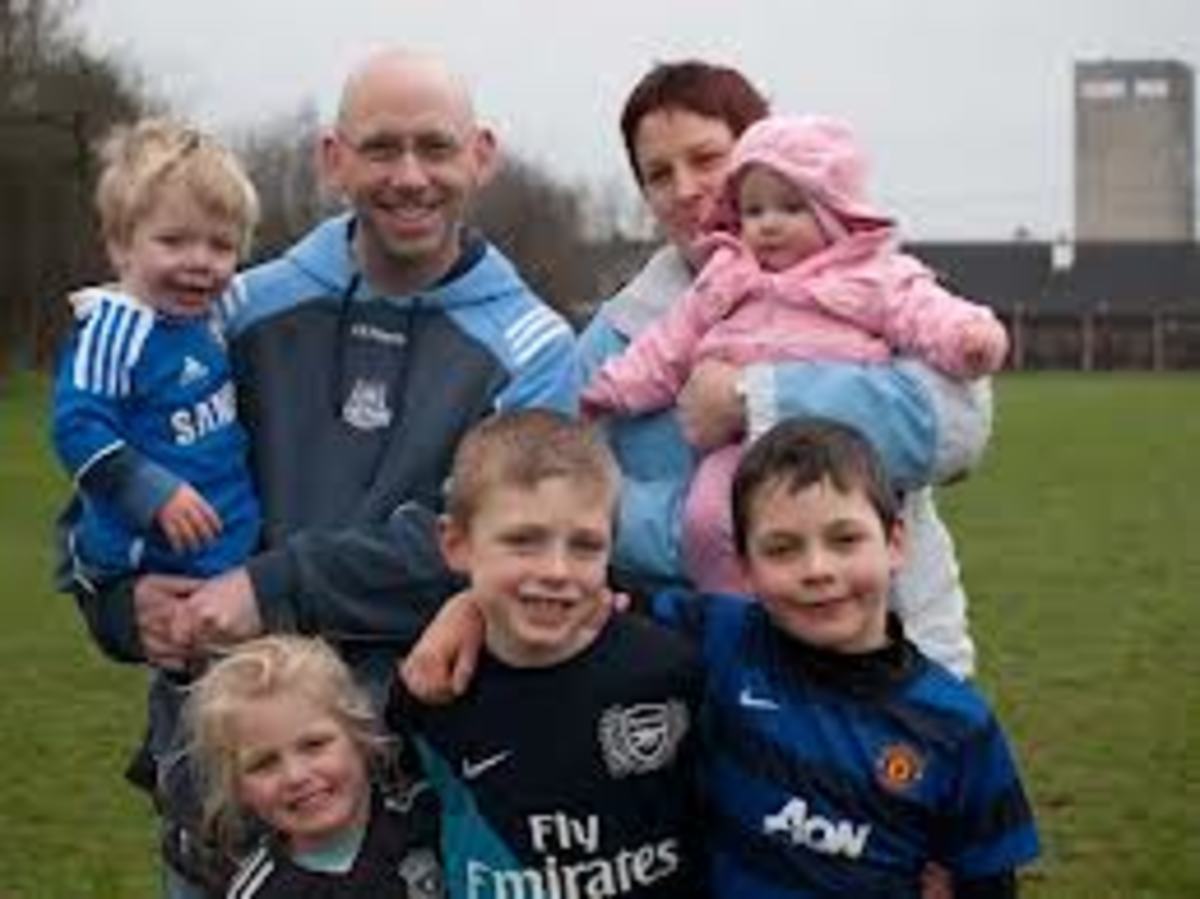America in Mourning: Charlie Kirk’s Death and the Moral Reckoning We Can No Longer Avoid
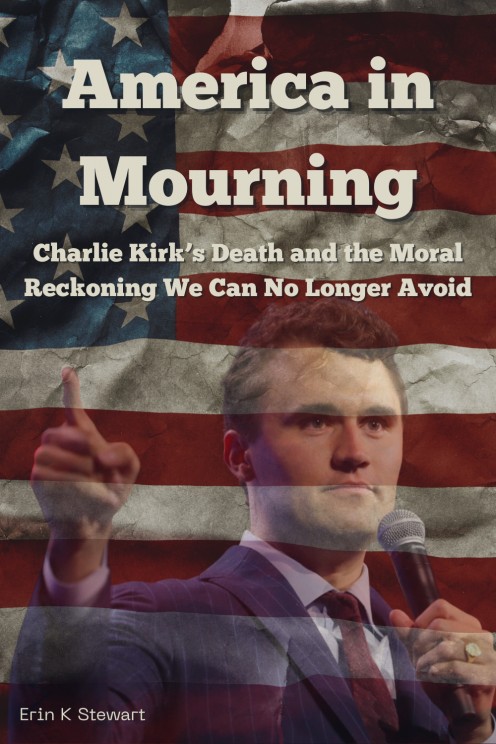
The assassination of Charlie Kirk—conservative firebrand, founder of Turning Point USA, and one of the most polarizing voices in America’s political landscape—has reverberated across the nation like a thunderclap. Shot while delivering a speech at Utah Valley University, Kirk’s death is being investigated as a politically motivated act of violence. It is a moment that transcends partisan lines, forcing us to confront a sobering truth: the United States is not merely under attack from external threats, but from within—from a moral erosion that is eating away at the soul of the republic.
Kirk was no stranger to controversy. He challenged institutions, provoked debate, and galvanized a generation of young conservatives. To some, he was a hero of free speech and unapologetic patriotism. To others, a symbol of division and ideological extremism. But regardless of where one stood on his politics, his murder is not just a tragedy—it is a symptom of a deeper national sickness.
America is bleeding, and not just from bullets. It is hemorrhaging from a lack of moral clarity, from a culture that has forgotten how to disagree without dehumanizing, how to protest without poisoning, how to live in freedom without forsaking responsibility. We are witnessing the unraveling of the very principles that once made this nation a beacon of hope: liberty, dignity, and the sacredness of life.
This is not simply about Charlie Kirk. It is about the climate that made his death possible—a climate where ideological hatred festers unchecked, where gratitude for our freedoms is replaced by contempt, and where the blessings of this land are taken for granted by those who have never known true oppression.
We must ask ourselves: what kind of nation do we wish to be? One that honors the sanctity of life and the power of civil discourse, or one that devours its own in the name of righteousness? Kirk’s death is a wake-up call—not just to conservatives, but to all Americans. It demands a reckoning with our values, our rhetoric, and our willingness to protect the fragile threads that hold this democracy together.
Let this moment not be consumed by silence or spin. Let it be a turning point—a call to restore moral courage, to remember how blessed we are to live in a land where freedom is possible, and to ensure that such freedoms are never again stained by bloodshed.
America: A Privilege We’re Forgetting How to Honor
America remains one of the rare places on Earth where the individual is sovereign—where speech is free, faith is unshackled, and the pursuit of personal destiny is not only protected but celebrated. These are not global norms. They are American miracles. And yet, in recent years, this inheritance has been met not with reverence, but with resentment. The freedoms that once inspired awe now seem to provoke outrage. We’ve watched gratitude curdle into grievance, and civic unity fracture into tribal warfare.
Instead of stewarding liberty, we’ve weaponized it. Instead of defending our shared blessings, we’ve turned them into battlegrounds. The moral compass that once guided our republic is spinning wildly, and the consequences are no longer theoretical—they’re fatal.
Charlie Kirk: A Life of Provocation and Patriotism
Charlie Kirk was a lightning rod. He didn’t tiptoe around controversy—he charged into it. As the founder of Turning Point USA, he built a movement that challenged progressive orthodoxy and rallied young conservatives to speak boldly. His rhetoric was sharp, his presence unignorable. But beneath the firebrand persona was a man who believed, deeply and unapologetically, that America was worth defending—not just through policy debates, but through cultural conviction.
His assassination while speaking at Utah Valley University is more than a political tragedy. It is a moral indictment. It reveals a sickness in our national soul—a willingness to silence rather than engage, to destroy rather than debate. Political violence is no longer a distant threat; it is a domestic reality. And Kirk’s death is a brutal reminder that when we lose our moral footing, we lose everything.
The Wake-Up Call We Cannot Ignore
This is not about agreeing with Charlie Kirk. It’s about recognizing that no one—no matter how controversial—should be hunted for their beliefs. It’s about remembering that freedom of speech is not a partisan privilege, but a sacred right. And it’s about confronting the uncomfortable truth that America’s greatest threat may not come from foreign adversaries, but from our own moral decay.
We must choose: Will we be a nation that honors its blessings, or one that squanders them in rage? Will we teach our children to cherish liberty, or to fear those who speak differently? The answer begins not in Washington, but in our homes, our communities, and our hearts.
Charlie Kirk’s death is a tragedy. But if it awakens us to the value of what we’re losing—and the urgency of what we must restore—then perhaps his legacy will be more powerful than his presence.
The Erosion of Moral Anchors
What we’re witnessing in America today is not merely political polarization—it’s the erosion of our shared moral foundation. This is no longer a clash of ideas; it’s a breakdown of the basic human decency that once allowed those ideas to coexist. When disagreement morphs into dehumanization, and debate devolves into assassination, we have crossed a threshold that no constitution, no bill of rights, and no legal framework can safeguard us from. The Founders gave us liberty, yes—but they also trusted that we would possess the virtue to wield it with wisdom, restraint, and honor.
That trust is being betrayed.
Freedom Misused, Virtue Forgotten
Today, too many Americans treat freedom not as a sacred inheritance, but as a blunt instrument to bludgeon their enemies. We weaponize speech, not to enlighten, but to inflame. We mock faith as superstition, patriotism as bigotry, and civility as weakness. The moral compass that once pointed us toward humility, grace, and mutual respect has been shattered by the obsession with being “right”—even if it means being cruel.
We’ve forgotten that liberty without virtue is not liberty at all—it’s chaos dressed in constitutional clothing. The right to speak freely means nothing if we’ve lost the ability to listen. The right to worship means little if we scorn those who believe differently. And the right to pursue happiness becomes hollow when we no longer care about the well-being of our neighbors.
A Call to Moral Renewal
This is not a partisan crisis. It is a spiritual one. It is a call to remember that the greatness of America was never just in its laws—it was in its people. In their capacity for grace under pressure, for courage in the face of disagreement, and for kindness even when the stakes were high.
We must return to that moral center. Not by silencing dissent, but by elevating the dignity of every voice. Not by demanding uniformity, but by rediscovering unity. And not by winning arguments, but by winning back our humanity.
If we fail to do this, then the freedoms we claim to defend will become the very tools of our undoing.
What Comes Next
If the tragic death of Charlie Kirk teaches us anything, it is this: America must reclaim its moral spine—not through censorship, coercion, or ideological conformity, but through a revival of courage, humility, and heartfelt gratitude. We must remember that freedom is not a default setting—it is a sacred inheritance. And if we are to preserve it, we must teach our children that liberty is not license, that disagreement is not warfare, and that every human life—yes, even those we fiercely oppose—is worthy of dignity, protection, and respect.
This is not a call to suppress dissent. It is a call to sanctify it. To restore the art of argument without annihilation. To protest without poisoning the well of our shared humanity. To speak truth with conviction, but also with compassion. Because America was never meant to be a coliseum of ideological bloodsport—it was meant to be a covenant. A living promise between people of wildly different beliefs, bound together by a shared hope: that freedom, when tempered by virtue, can create a society where all may flourish.
Charlie Kirk believed in that hope. He lived it boldly, and he died in its defense. His assassination is not just a political tragedy—it is a moral alarm bell. It demands that we look inward and ask: What kind of nation are we becoming? What kind of legacy are we leaving behind?
Let us not allow this moment to be swallowed by silence or spin. Let it be a turning point. A moment of reckoning. A call to rise—not in vengeance, but in vision. To mourn with sincerity. To reflect with honesty. And above all, to rise with renewed purpose.
Because if we do not reclaim the soul of this nation, we risk losing far more than one man—we risk losing the very meaning of America itself.
This content is accurate and true to the best of the author’s knowledge and is not meant to substitute for formal and individualized advice from a qualified professional.
© 2025 Erin K Stewart

